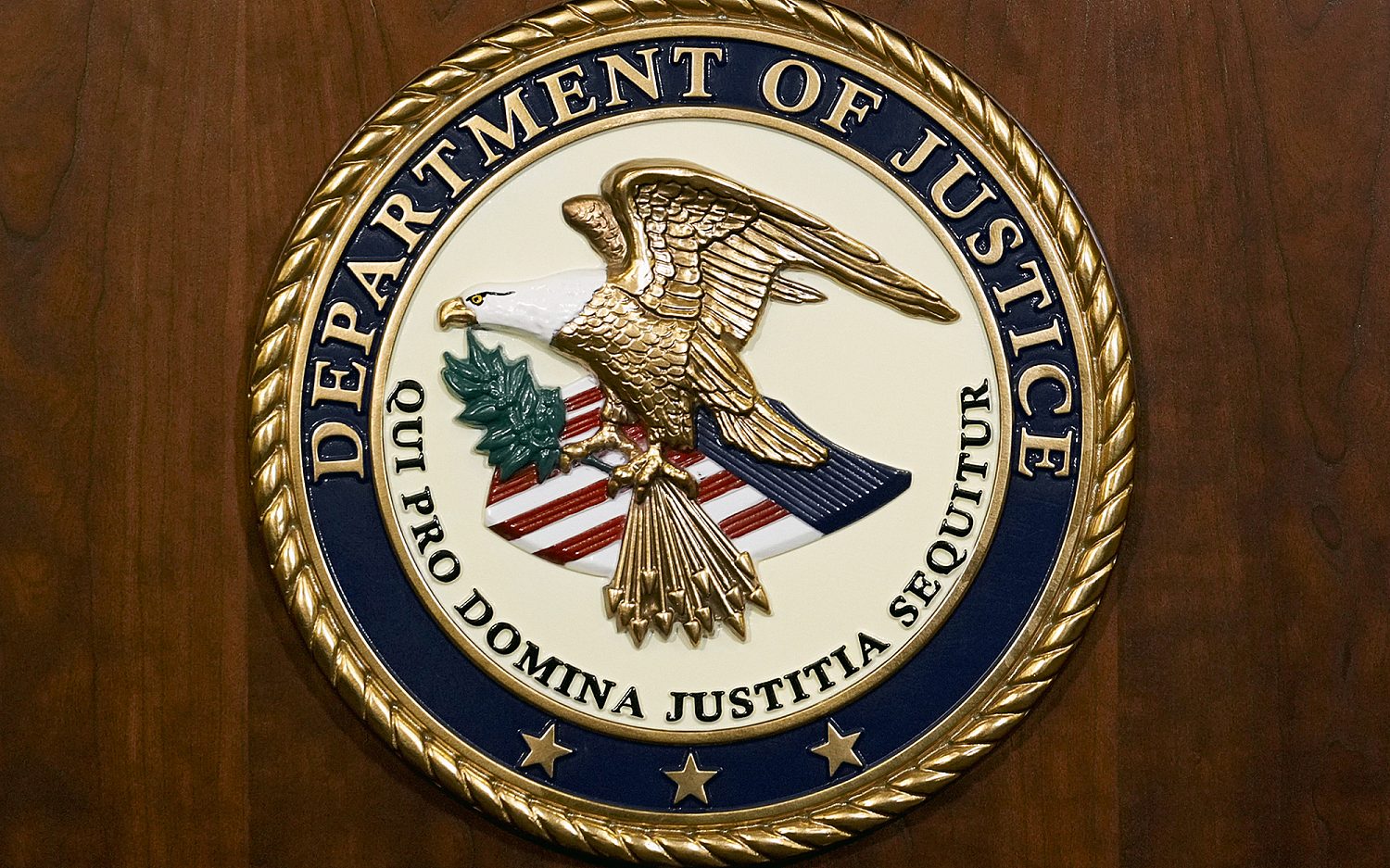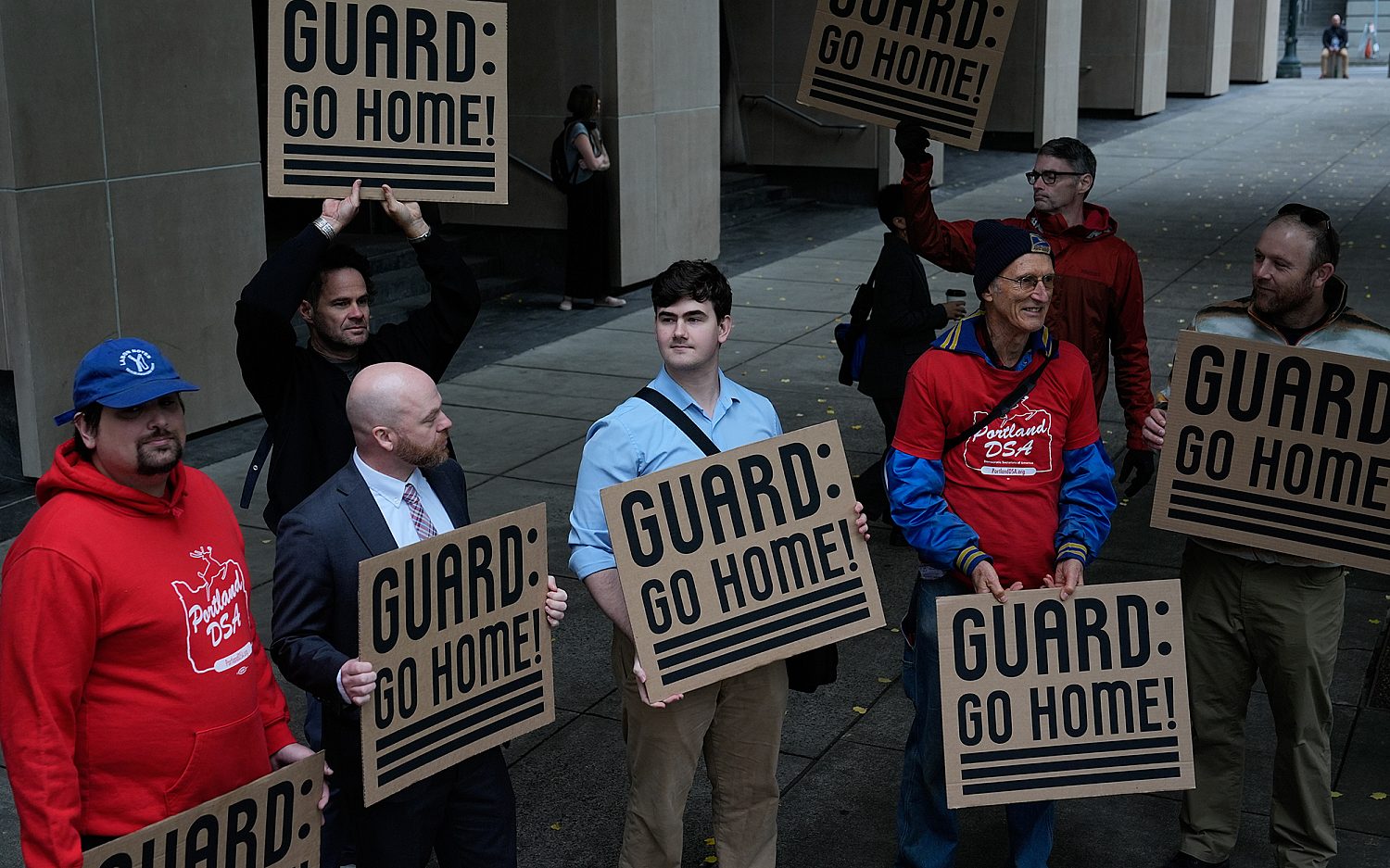Kansas to consider dismemberment abortion ban
Kansas legislators soon will get a chance to vote on a bill that would stop abortionists from tearing babies apart in the womb.
State Sen. Garrett Love announced the first Unborn Child Protection from Dismemberment Abortion Act yesterday. He will introduce it to the Kansas legislature in the next two weeks. The bill bans abortions accomplished by tearing babies apart by their limbs, a method as brutal as illegal partial-birth abortions.
The legislation is part of the National Right to Life Committee’s (NRLC) 2015 agenda and is a first priority for Kansans for Life (KFL), NRLC’s state affiliate. “With the discussion about, and passage of this bill, the public will see that dismemberment abortions brutally—and unacceptably—rip apart small human beings who have all of their internal organs and who have perfectly formed fingers and toes,” said Kathy Ostrowski, KFL’s legislative director.
Dismemberment abortions occur after the first trimester. At that point, babies have already developed organs, a heart beat, and brain waves, said Mary Spaulding Balch, NRLC’s director of state legislation. Abortion textbooks describe these procedures in cold detail.
“Civilized members of society have no choice but to stand up and demand a change,” Balch said. “When you think it can’t be uglier, the abortion industry continues to shock with violent methods of abortion.”
If the legislation passes in Kansas, it’s sure to face a pro-abortion court battle. But NRLC leaders think it has a good chance at the nation’s highest court, where it eventually would end up.
Since writing his dissenting opinion for the U.S. Supreme Court’s 2000 Stenberg v. Carhart decision, Justice Anthony Kennedy has clearly opposed dismemberment abortions. In the 2007 opinion on Gonzales v. Carhart which upheld the 2003 federal partial birth abortion ban, Kennedy said dismemberment abortions are “laden with the power to devalue human life.” Even Justice Ruth Bader Ginsburg, known for her pro-abortion views, voiced disapproval of dismemberment abortion in her dissenting opinion, Balch said.
Most Americans don’t know these types of procedures are standard for second trimester abortions, Balch said. Because babies have formed their skeletal frame by the second trimester, abortionists cannot use aspiration abortions, in which the baby is vacuumed out of the womb. And dismemberment abortions are grisly. Often called the “jigsaw puzzle procedure,” abortionists piece together the baby after the abortion to make sure all the body parts have been removed from the uterus.
“The vast majority of Americans would be shocked to find out this is legal in the United States,” Balch said.
The Dismemberment Abortion Act not only seeks to protect unborn babies, but also educate Americans. Balch believes if more people understand the process of dismemberment, it will draw bipartisan support, like the Pain-Capable Unborn Child Act did in several states.
And Kansas offers a favorable environment for introducing the new legislative strategy. The governor is pro-life, the legislators are primarily pro-life, and the legislative session starts earlier than in most states. Kansas already has passed pro-life legislation, including 24-hour wait periods and post-22 weeks abortion bans. “We look at Kansas as a leader in the pro-life movement,” said Love, in announcing the bill.
The Kansas legislation represents the next step in efforts to protect babies at the state level. Bills requiring ultrasounds sought to educate women about the humanity of their babies, something downplayed by the pro-choice movement after abortion was legalized in 1973. Pain-Capable bills helped demonstrate babies are not only human but also can feel pain—possibly more acutely than adults, Balch said. The latest bill strategy seeks to educate the public on the abortion procedure.
“We think the American people can understand,” Balch said. But, “until we get that information out there … it will be a difficult thing to protect the life of the unborn child.”
Next week, the U.S. House of Representatives will once again vote on the national Pain-Capable Unborn Child Protection Act, on the 42nd anniversary of Roe v. Wade. The House passed the legislation in 2013 but it never got a hearing in the Senate. Newly installed Senate Majority Leader Mitch McConnell, R-Ky., has promised to bring the bill up for a vote sometime this year.
An actual newsletter worth subscribing to instead of just a collection of links. —Adam
Sign up to receive The Sift email newsletter each weekday morning for the latest headlines from WORLD’s breaking news team.




Please wait while we load the latest comments...
Comments
Please register, subscribe, or log in to comment on this article.